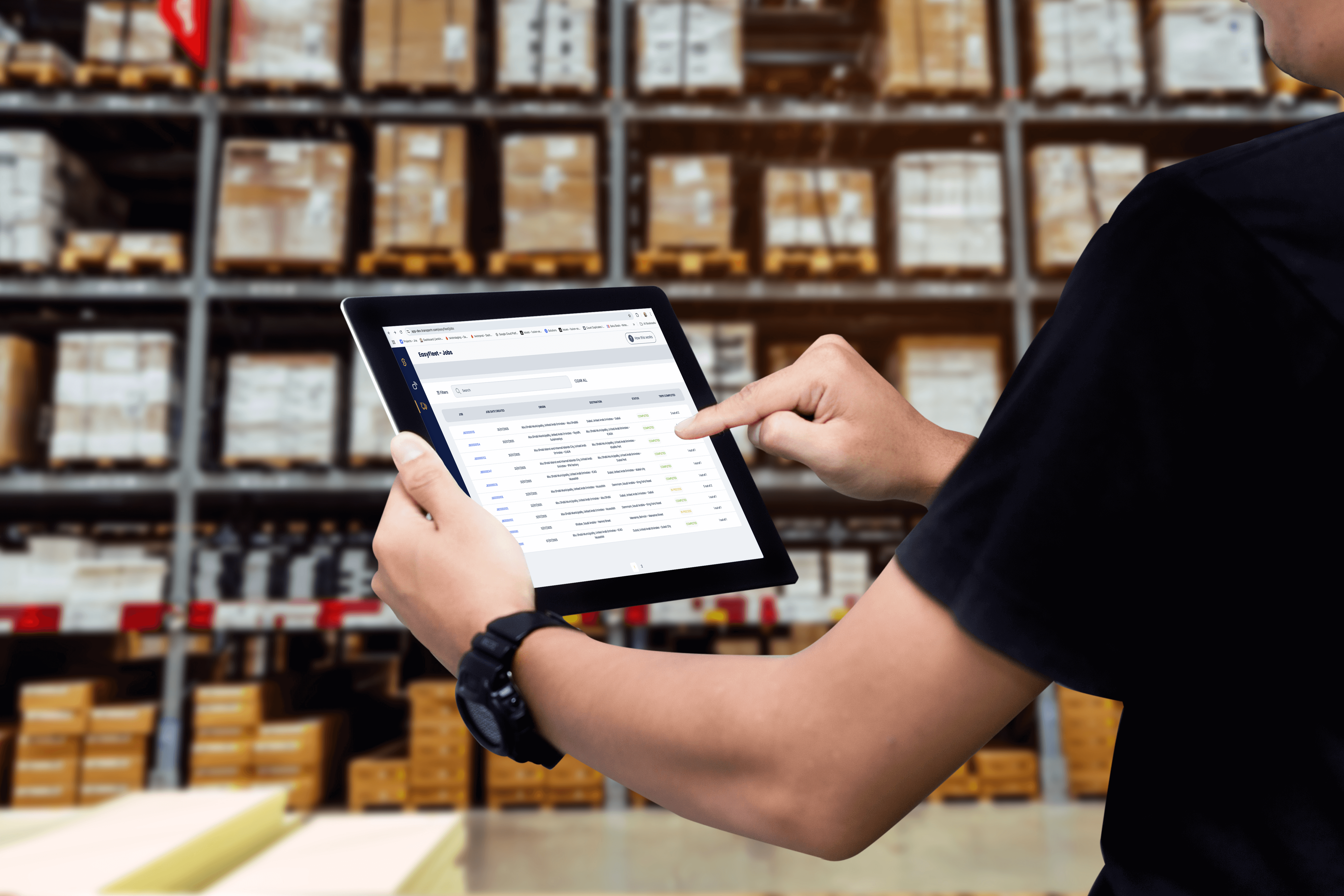Why Manufacturers in the UAE and Saudi Arabia Must Embrace Digital Logistics Platforms
In today’s fast-evolving industrial landscape, manufacturers across the GCC (Gulf Cooperation Council) face increasing pressure to optimize their supply chains, reduce costs, and meet growing customer expectations. As economies in the region shift toward diversification and digital transformation, one area that remains ripe for innovation is logistics. Embracing digital logistics platforms is no longer a competitive advantage—it’s becoming a necessity.
1. Supply Chain Visibility and Control
Traditional logistics processes often leave manufacturers with limited visibility into the movement of goods. Digital logistics platforms provide real-time tracking, automated status updates, and centralized dashboards, giving manufacturers full control over their supply chain. This transparency helps mitigate risks, avoid delays, and manage exceptions proactively.
2. Cost Efficiency Through Aggregated Options
Manufacturers in the GCC often rely on multiple vendors for freight services. Digital platforms aggregate a wide network of carriers, freight forwarders, and agents—enabling manufacturers to compare rates, transit times, and service quality in one place. This competitive environment drives down costs and simplifies procurement.
3. Faster Response to Market Demand
With increasing demand for shorter lead times, manufacturers need to be agile. A digital logistics platform allows for faster booking, instant quotation generation, and automated document handling. This responsiveness is especially critical for businesses that export across borders or deal in high-turnover inventory.
4. Compliance and Documentation Simplified
Navigating customs regulations and trade compliance in the GCC can be complex. Digital platforms simplify documentation—automating tasks like commercial invoices, customs clearance, and port formalities. This reduces administrative burdens and ensures compliance with regional and international trade requirements.
5. Scalability and Integration
As manufacturers grow or expand into new markets, digital logistics platforms scale with them. Many solutions offer APIs or integrations with ERP systems, enabling seamless coordination between production, inventory, and logistics departments. This alignment ensures that logistics is never a bottleneck in growth.
6. Sustainability and Optimization
Sustainability is a growing priority in the GCC, with national visions like Saudi Vision 2030 and UAE Net Zero 2050. Digital logistics platforms use data analytics and AI to optimize routes, reduce empty miles, and consolidate shipments—contributing to greener operations and lower carbon footprints.
Conclusion
For GCC-based manufacturers, adopting a digital logistics platform is not just about embracing technology—it’s about building a smarter, more resilient, and more competitive supply chain. Platforms like Transportr empower manufacturers to streamline logistics operations, reduce costs, and stay ahead in a rapidly changing global market.
